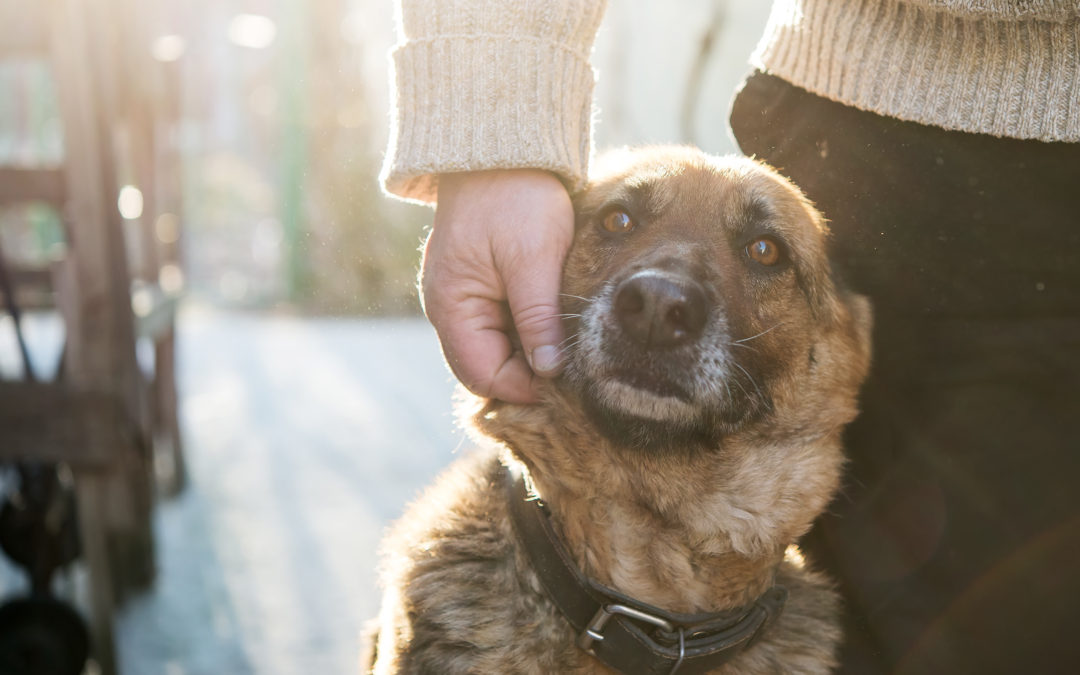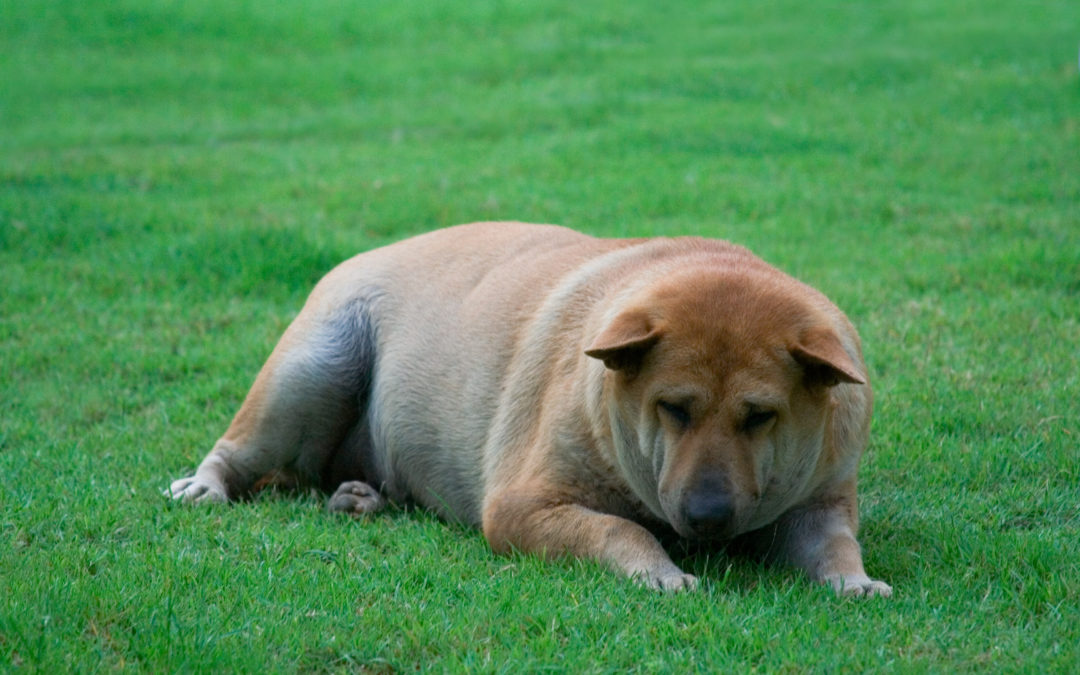
by Admin 2 | Nov 8, 2016 | Cat Health, Dog Health
While it certainly doesn’t feel like Thanksgiving and Christmas are right around the corner, they are! Before you know it, we’ll have a house full of guests, be traveling, or at the very least, we’ll be a little stressed ourselves with all the things that need to be done for the holidays. What does this mean for your pets? As pet parents, we don’t need studies to tell us that our pets can feel emotions (but there are some cool studies about dog’s emotions…check it out!) And just like us, our pets can feel the stress of the holidays and easily become overwhelmed. Here’s some quick tips and products to help you and your pet have a more stress-free holiday!
- Get Ready For Guests – If you’re planning on having guests over during the holidays, a refresher course in manners is a good idea. Excited dogs can jump, bark, beg and otherwise annoy your guests who may not be as dog crazy as we are. At the very least, give your dog lots of exercise before guests arrive. You may want to create a safe room for your dog or cat where they can escape the chaos. While in their safe room, keep your dog busy with a stuffed Kong (download or FREE recipe book!).
- Routine – To decrease stress levels, stick to your regular routine. Make sure meals, walks and playtime happen at the same time every day. Set reminders on your phone so that you don’t have one more thing to remember this holiday season!
- Essential Oils – When properly used, essential oils are a great way to help calm us and our pets. Make sure to attend our free class on Saturday, November 12th from 10-11am as Chrissy Messick teaches us how to use essential oils to keep us all calm! Call (303-665-3038) to RSVP and claim your free calming spritzer!
- Pet Releaf – For situational anxiety issues like big holiday parties and traveling, whole plant CBD oil is wonderful – although it is not 100%. Nothing is 100%. Often times, the CBD will allow them to “chill out” or get enough of the anxiety under control that they can function. CBD does this by modulating the hyperactive transmission in the brain. Struttin Pup offers Pet Releaf Edibites, Hemp Oil and Hemp Oil Capsules.
- Stress Mints – While pets come first at Struttin Pup, we don’t forget about humans! One of our most popular ‘human products” at Struttin Pup are peppermint lozenges that help relieve physical and mental tension, settle digestion and restore energy during hectic times, like the holidays!
Here’s to happy and safe holidays for all!

by Admin 2 | Nov 3, 2016 | Cat Health, Dog Health
November is National Pet Diabetes Month
You may be aware of the staggering diabetes and obesity epidemic currently happening in America amongst humans (if current trends continue in the next 2 decades, 95% of Americans will be overweight and 1 in 3 will have diabetes), but you may not be aware that it is happening to our pets too. In fact, there was a 106% increase in diabetes claims in just one year, according to pet insurance provider, Trupanion. Is your pet at risk?
If your cat or dog develops diabetes, their body is either producing insufficient quantities of insulin or not utilizing insulin effectively. Insulin is a hormone whose job is to move sugar, fatty acids, amino acids and electrolytes into your pet’s cells (just as it does in our cells). So, if your pet is not producing or utilizing insulin effectively, their cells are starving even though there are nutrients just ‘outside the door’.
Diabetes most often affects middle aged or senior pets, however, just like in humans, diabetes is beginning to affect our pets at a younger and younger age. Symptoms of diabetes can develop slowly, so be aware of any of the following in your pets:
- Increased urination and thirst – your pet may even have accidents in the house or outside the litterbox.
- Excessive hunger while losing weight
- Cloudy eyes (dogs)
- Doesn’t groom (cats)
- Lethargy
- Thinning, dull, dry hair
- Urinary Tract Infections
- Kidney Failure - especially in cats
- Weakness in rear limbs (cats)
The number one cause of diabetes in pets is obesity, typically stemming from to many carbohydrates in their diet. All carbs break down into sugar and excess carbs can result in diabetes. Here is where some confusions that exists: Grain Free and Gluten Free do not mean Carb Free. Yes, there are ‘better’ carbs that offer more nutrients and burn more slowly, but whether you or your pet are ingesting 50g of carbs from chickpeas or 50g of carbs from wheat, you require the same amount of insulin to process it. Ideally, you want to feed your pet a moisture rich, species appropriate diet high in a good quality protein and low in carbohydrates. For dogs, a diet high in fiber is important as well in order to slow digestion and the release of sugar into the bloodstream. It’s easy to add some canned pumpkin or steamed vegetables to accomplish this. A raw food diet is best and it’s easy now-a-days with so many options of commercially prepared raw food diets available. Next best is dehydrated and freeze-dried followed by a grain-free canned food and then a grain-free dry food that are low in carbohydrates and high in meat content.
A lack of exercise also plays a major role in whether or not your pet is predisposed to develop diabetes. Movement in the form of walks is great, especially as a starting point if you have an obese pet. However, you and your pet need more than that, aim for 20 minutes a day of having your heart rates elevated. I’m sure you can think of ways to do this with your dog (fetch, runs, etc), but what about your cat? How in the world are you going to get your cat’s heart rate up? Check out this article with tips and tricks to get your cat moving.
There is also more and more research connecting autoimmune disorders to Type II diabetes. If your pet is getting yearly vaccinations, their immune system can become over-stimulated. And if their immune system attacks their pancreas, diabetes can develop. If possible, work with a holistic or open-minded vet that will run titer testing to measure your pet’s antibody response from previous vaccinations. The results will tell you whether or not you need to re-vaccinate.
If your pet does develop diabetes, we urge you to follow a low-carb diet, increase their exercise and do yearly titer testing. But you will also have to closely monitor blood glucose levels and possibly do daily insulin injections. One of the most important take-a-ways from this article is this…TYPE II DIABETES IS COMPLETELY PREVENTABLE AND REVERSABLE IN MOST CASES. Just as it’s not easy at first, for us to give up pizza and ice-cream, it’s not easy for your pet to become less dependent on carbohydrates. I can’t tell you how many customers say that their cats, especially, won’t eat anything but a dry food diet. It takes time and patience to form new habits and tastes. But the alternative can be costly, both financially and in terms of your pet’s health.





